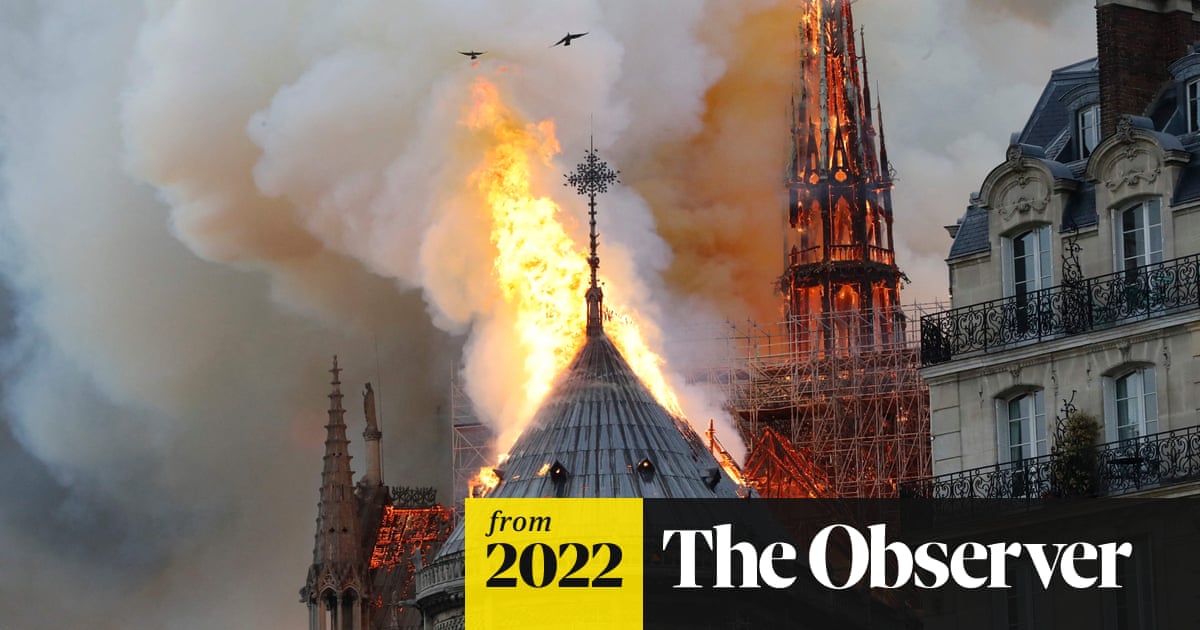Escaping a narrative
Thinking
I've been reading and rambling my way into the last part of my dissertation lately, while simultaneously trying to think through how I want to revise my book proposal before I go on submission.
The dissertation and my draft proposal are both pretty much chronological. The project was initially inspired as a hate-rewrite of a narrative popular book that got a lot of things wrong, so that's not surprising. I'm telling a story that's not new, and in fact a lot of my argument is about unearthing different explanations for why the story unfolded the way it did. Which means, of course, that I am still writing in the contours of that existing narrative valley.
The super simplified version of that popular story goes like this: Within the past fifty years, some very smart nerds discovered new cryptographic techniques and wanted to start putting encryption into computers, but the US government didn't like that. The nerds fought back against the overwhelming power of the government, through a series of battles culminating in the "Crypto Wars" of the mid-1990s. We can use encryption on the internet because those nerds beat the Clinton administration and defeated an insidious government proposal for accessing encrypted data known as the Clipper Chip. Freedom wins, and as a bonus now we have Bitcoin. Hooray!
My dissertation so far follows those basic beats, focusing more on how and why the individual actors chose their political rhetoric than on how smart and brave they were, and more broadly on the importance of scientific communities and technological limitations. (This is a science & technology studies PhD, after all). And those things pushed me to treat the events of the late 70s as formative, when they're usually thought of as a prologue or foreshadowing. But I've been writing toward the same endpoint of the 1990s Crypto Wars, anchored by the Clipper Chip controversy.
This week I've been wondering, is that really the right narrative for me to be telling? I made a basic timeline for myself about a year ago, and there are so many other things happening in the cryptography in the 1990s. Some of them are probably more important than a standard that failed! Focusing on government regulations makes sense for privacy activists writing to oppose government regulations or to celebrate their defeat. Emphasizing the policy battles is also natural for the legal studies literature (unfortunately for me, this is the bulk of the scholarly literature on this topic. One more strike against doing recent history!)
I need to simultaneously zoom in and zoom out. I need to go back to my argument, to see whether focusing on government regulation serves my purpose. And, more importantly, I need to go back to the sources. What can I find about other cryptography developments in the 90s, and what do they tell me? This is the fun part of research, as long as I don't get too distracted to finish!
Reading
As an accidental follow-up to last week's tweet, I'm so fascinated by this article about medieval castle artisans getting tapped to rebuild Notre Dame:

‘They said it was impossible’: how medieval carpenters are rebuilding Notre Dame | Notre Dame | The Guardian
Project leaders at Guédelon Castle tell how their woodwork savoir faire is proving a godsend for mission to restore Paris cathedral roof
I would love to read a popular treatment of this using STS concepts. Pair this with some lit about embodied knowledge? Bring out the actor-network theory? I'm not a medieval scholar but I do have most of a PhD in STS....
Tweet of the week:
https://twitter.com/AlixEHarrow/status/1560253469780500480?s=20&t=ZpQM4klXKXcQjQSEneSKBwDoing
Trying to figure out how to schlep two small children and all of their stuff (carseats! stroller! bottles!) through the airport next week. Send me your best tips, and maybe a strong cocktail recipe.